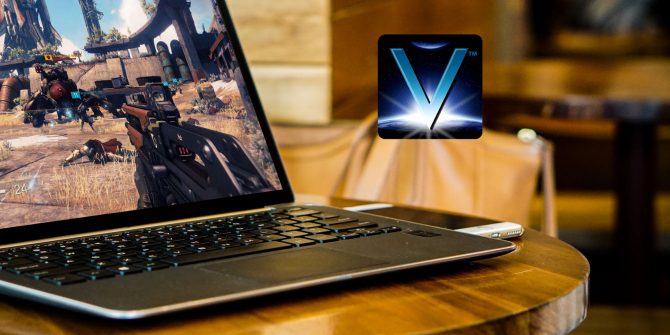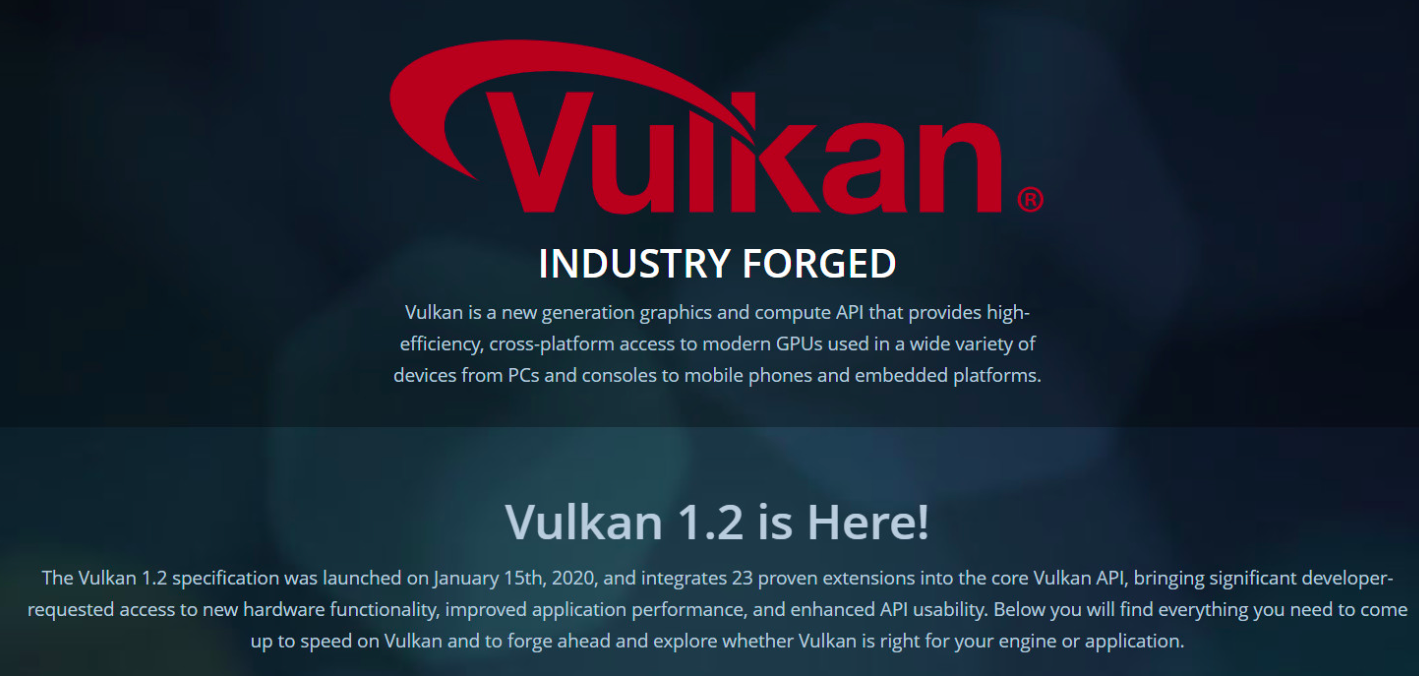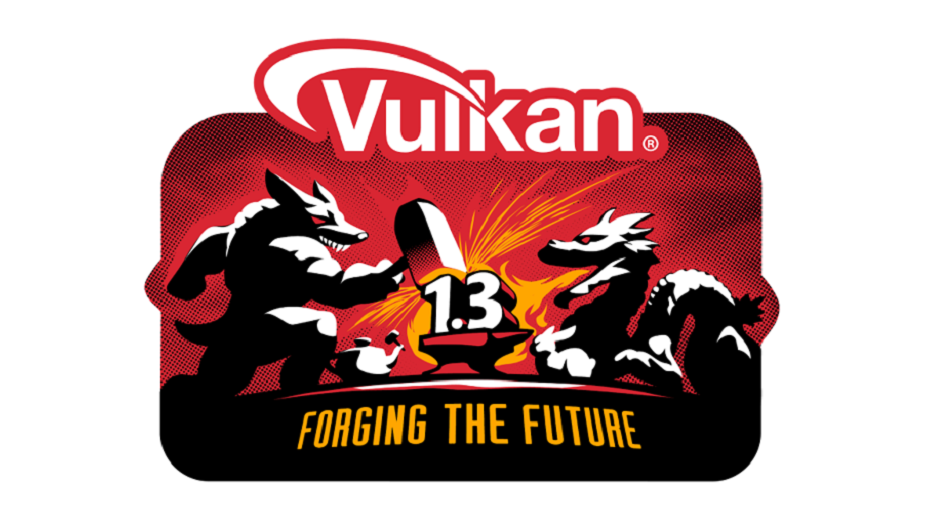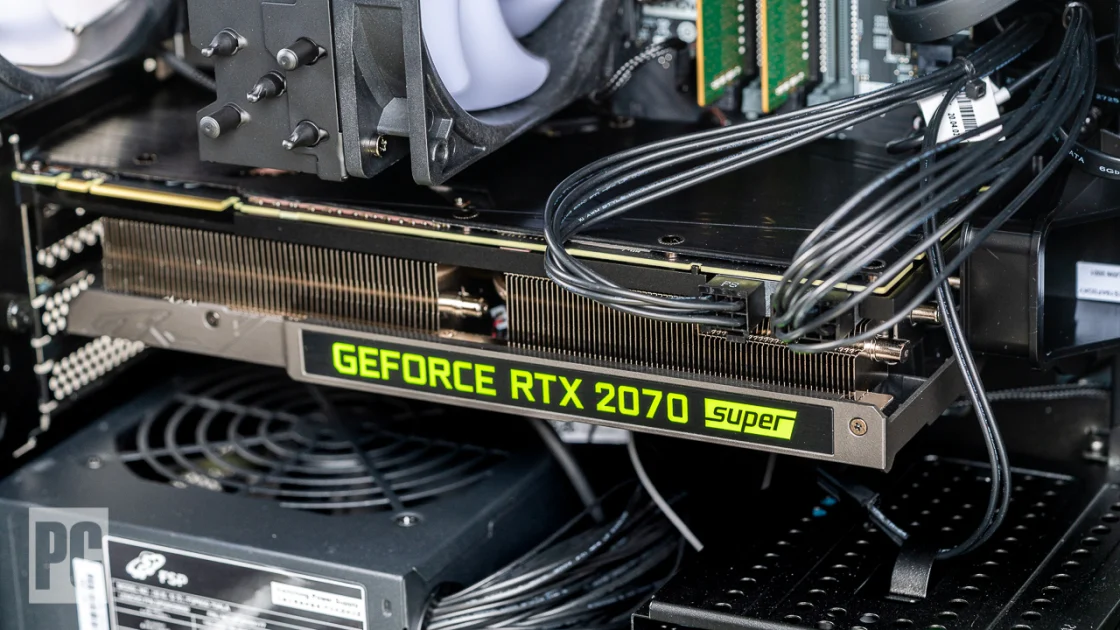We come across the word Vulcan libraries very often on our devices or PC to our wonderment as to what it really means. Sometimes they may even strike as some malicious program that needs to be removed immediately. However, they are apparently famous libraries that are used for some significant purposes. To know more, keep scrolling through the document as the detail unfolds before you.
Vulcan Libraries:
They are a set of API scripts that are used for graphical representations. APIs are nothing but the programming interface scripts which are used for bridging applications from any device. APIs are actually the programming snippets that are used for developing an application or a feature in an application. Sometimes if you want to customize functionalities in any applications, the developer would build the APIs to accomplish that.
They are harmless files that do not even occupy that much space. They are used for leveraging any kind of application or if any customization is going to be handled. Let’s dig more to find out about the Vulcan libraries and their purpose profoundly.
Many Vulcan runtime libraries had emerged in recent times. There are many competitors like AMD and Khronos Group. They also develop OpenGL specifications and OpenCL parallel programming standards. They come with drivers for graphic cards developed by AMD and NVIDIA. Let’s delve into details further about the Vulkan libraries.
What is Vulkan?
Vulkan is basically a graphic library for all the 3D graphics and effects. They are called programming interfaces or APIs which specify the performance of an application and communicate with the end-users.
It is a low-level assembly language that is pretty decoded for a common man to perceive the code. Unless a developer understands the script and deciphers the command, you would not be able to understand the programming language. It is an assembly language and the APIs generate an output that decides the features and functionalities of the application.
Concepts of Low-level vs High-level
High-level languages are easier on a conception that is basically designed for the leverage of end-users. It is user-friendly in nature as the language is comprehensible with loops and structures which define the flow of the code. If statements and loop statements actually decide the frame of the output and they are also quite comprehensible as a language.
When it comes to graphic libraries, high-level language is used to manage the different components of the resources. It takes care of pretty much what needs to be the external design as the developer can input his code for internal functionalities.
Low-level libraries are an internal part of the system and deal more with the command of the programmers. They make the internal system work according to their pattern and design. This language is slightly difficult for comprehension which also needs a certain amount of expertise in that field.
Improvements in Vulkan:
Khronos Group has received the best frame of mantle controllers from AMD which executes the Vulkan specifications to perfection. Now the Khronos Group is making sure that their Vulkan specification is up-to-date and also compatible with all structures and devices.
Read More- How to Select the Right 2060 Graphics Card?
Features as Pro effects of Vulkan:
Vulkan actually optimizes the headers of API requests. It also eliminates all the redundant code normalizing the memory space to the maximum. Hence it leads to better management of graphic cards and CPU processing also takes less effort and space.
There is also an ample simplification of shaders when it comes to adding effects to the graphical output. These shaders play an important role in video games for all the sound effects and graphical effects to be rendered maximum.
The effects such as smoke or fire are also managed to perfection and look splendid with high quality and clarity. There is also an add-on binary code component that aids the Vulkan to develop the shaders and HD effect in a pre-compiled format.
The SDK for testing those APIs has been attached and is compatible with any platform or device. It is also available in all software applications like Linux or Windows. The Android application also hosts this platform to be leveraged by the Android devices.
It encompasses all tools for documentation, debugging, or validation layers and other utility modules. This actually eases the process of creating games.
Compatible Graphics cards:
Android seems to be compatible with the software running the Vulkan libraries. Apple is looking ahead in that direction and would soon be open to incorporating the Vulkan libraries.
The OpenGL hardware developed recently is compatible with the updated version of the Vulkan libraries. There are so many compatible GPUs to incorporate the APIs and each company has come up with drivers which adapt to that Vulkan specifications.
All the graphic drivers are being molded to adapt to the Vulkan technology. The specifications are also released by Google which is also compatible with all drivers.
Problems with Vulkan:
Vulkan has a problem with adapting to DirectX 12 because of its cross-platform orientation. So Vulkan is incorporated more in Windows than in DirectX 12. The cross-platform character of any architecture avoids this type of shortcut.
Graphic cards with DirectX12 have great communication bandwidth through WDDM. However, Vulkan will have to make an alternative step for accommodation without WDDM.
Games with Vulkan:
There are many games with Vulkan which have a lineup in Stream OS. The games are DotA 2 and counter-strike. The development of Vulkan is in progress and it seems to be developing into a platform with more games on the cards.
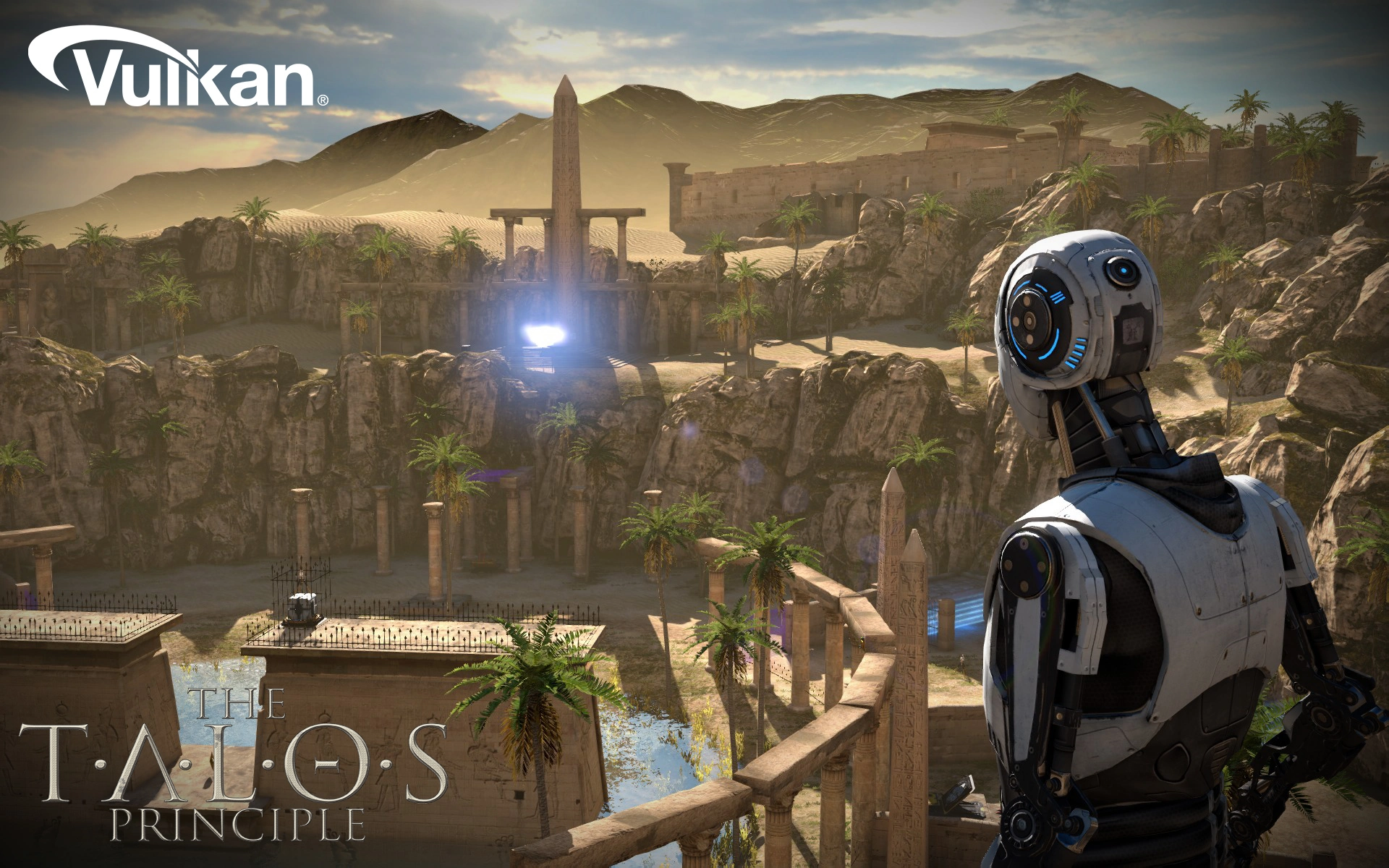
Conclusion:
Vulkan libraries as a name are too difficult to comprehend. However, they are useful in the able development of graphical representation. The graphic drivers adopt that technology and display the output of the APIs in magnitude with exceptional effects and shaders.
